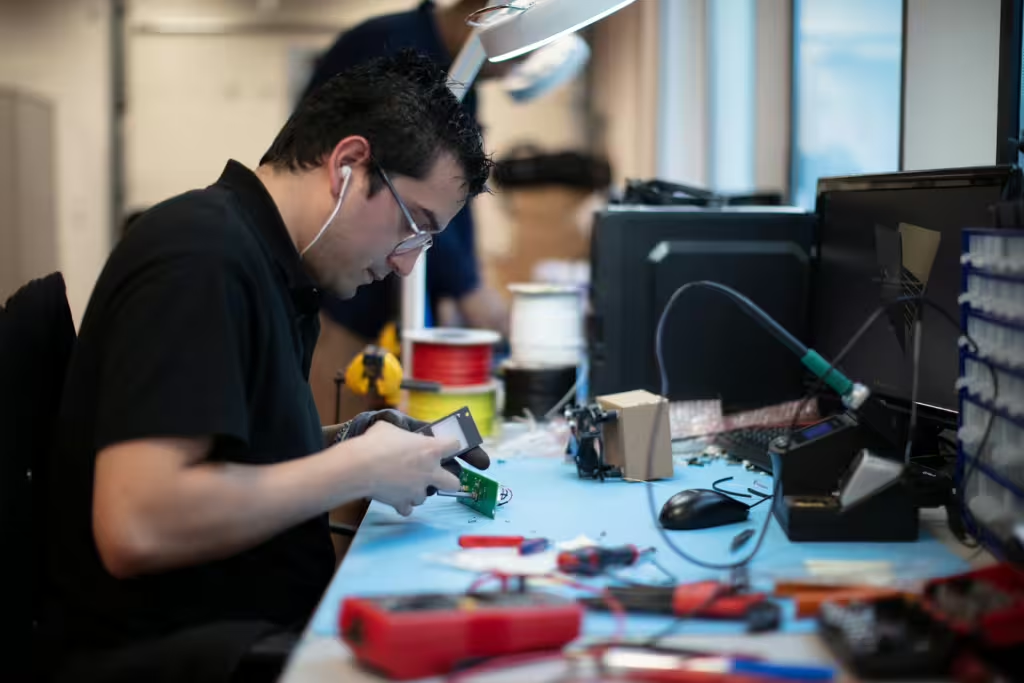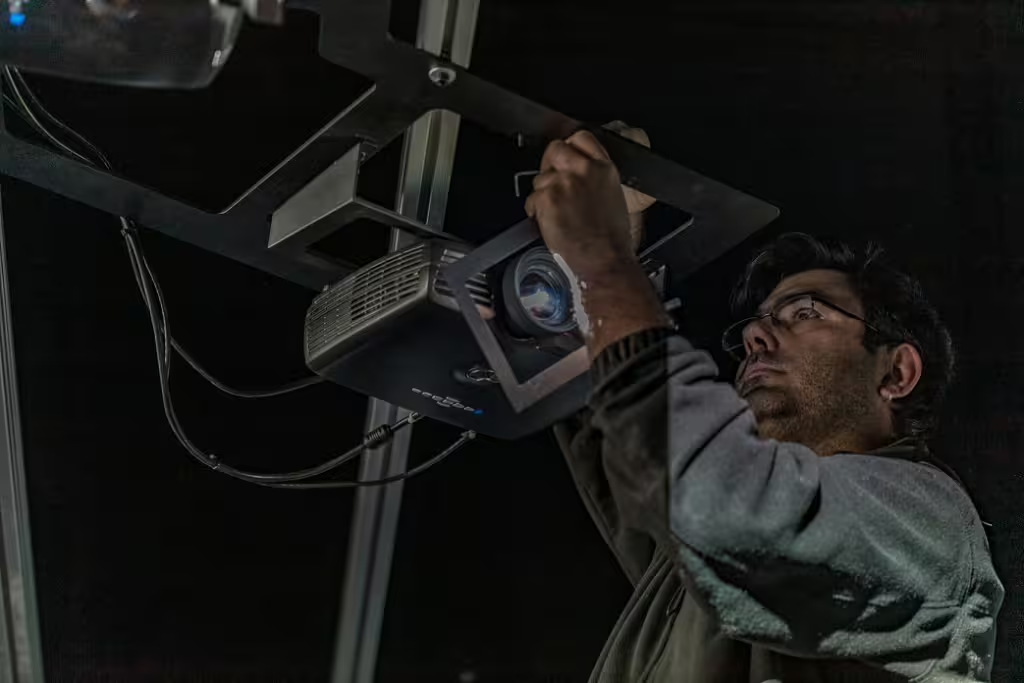
Flight simulators play a critical role in aviation training, ensuring pilots receive the highest quality instruction in a controlled environment. However, just like real aircraft, simulators require regular upkeep to maintain their performance and accuracy. Preventive maintenance is the key to ensuring these advanced training tools operate flawlessly, minimizing downtime and optimizing cost efficiency. In this article, we explore why proactive maintenance is essential and how it can benefit training centers and aviation professionals.
Why preventive maintenance is essential for flight simulators
In the demanding world of aviation training, the reliability of a flight simulator is crucial. Training centers, airlines, and aviation schools rely on efficient flight simulators to provide uninterrupted pilot instruction. Unexpected downtimes not only disrupt training schedules but also lead to financial losses. This is why flight simulator maintenance plays a key role in ensuring optimal performance, extending the lifespan of the simulator, and reducing long-term costs.
A well-maintained efficient flight simulator enhances safety, efficiency, and cost-effectiveness by minimizing unexpected failures and ensuring seamless operations. Rather than reacting to technical issues as they arise, a proactive approach allows training centers to anticipate problems and prevent costly breakdowns

Understanding the three levels of preventive maintenance
Entrol has designed a structured flight simulator maintenance program with three levels, ensuring that all critical components remain in top condition. These levels include:
1. Level 1 preventive check (quarterly – every 3 months)
- Routine inspection of the flight simulator components.
- Verification of hardware and software integrity.
- Cleaning of the simulator and energy sources
- Perform quarter QTG tests
2. Level 2 preventive check (biannual – every 6 months)
- Includes all Level 1 inspections.
- Additional testing of critical systems.
- Verification of actuators and potentiometers
3. Level 3 preventive check (annual – once a year)
- Covers all Level 1 and Level 2 checks.
- Check UPS status
- Test emergency and emergency exit lights
By following this structured approach, training centers can ensure their flight simulators remain fully operational, safe, and efficient throughout their lifecycle.
Key benefits of preventive maintenance for flight simulators
1. Reduced downtime
One of the greatest advantages of flight simulator maintenance is minimizing unplanned downtime. A simulator that undergoes regular maintenance is less likely to suffer unexpected failures, keeping training schedules on track and avoiding costly disruptions.
2. Extended simulator lifespan
A flight simulator represents a long-term investment, and maximizing its operational lifespan is essential. Routine inspections and proactive component replacements ensure peak performance for years, reducing the need for costly replacements.
3. Enhanced operational self-sufficiency
Training centers with a dedicated maintenance technician can handle minor issues in-house without waiting for external support. Entrol offers specialized maintenance training programs to equip customer technicians with the skills needed to diagnose and resolve issues efficiently.
4. Significant cost savings
A well-maintained efficient flight simulator leads to lower long-term expenses by:
- Avoid emergency repairs and expensive part replacements
- Reducing the need for last-minute technical interventions
- Optimizing simulator usage, ensuring continuous revenue from training sessions
5.Early issue detection and prevention
Preventive maintenance enables technicians to identify and address problems before they escalate into major failures. By tracking flight simulator performance and analyzing maintenance logs, operators can anticipate potential malfunctions and implement corrective actions proactively.

Entrol’s role in preventive maintenance: training and support
At Entrol, we emphasize the importance of having a trained maintenance technician on-site. Our goal is to empower our customers to handle first-line maintenance efficiently.
Our support process works as follows:
- The customer’s maintenance technician conducts routine inspections and identifies any anomalies.
- The issue is diagnosed, and the root cause is determined.
- Entrol provides expert guidance to resolve the problem, offering technical assistance as needed.
- Repairs or adjustments are carried out, ensuring the flight simulator returns to optimal operational status quickly.
With this structured approach, training centers can significantly reduce reactive maintenance costs and increase their self-reliance in managing their efficient flight simulators.
Final thoughts: invest in preventive maintenance for long-term success
In aviation training, reliability is non-negotiable. Implementing a structured flight simulator maintenance program not only safeguards simulator performance but also contributes to operational efficiency, safety, and financial sustainability.
Whether you run a flight academy, a commercial airline training center, a government defense agency or a helicopter operator, investing in preventive maintenance is the smartest way to protect your assets and ensure seamless pilot training.
To ensure the best performance and maintenance for your flight simulator, visit our flight simulators section to explore advanced and customized solutions.



